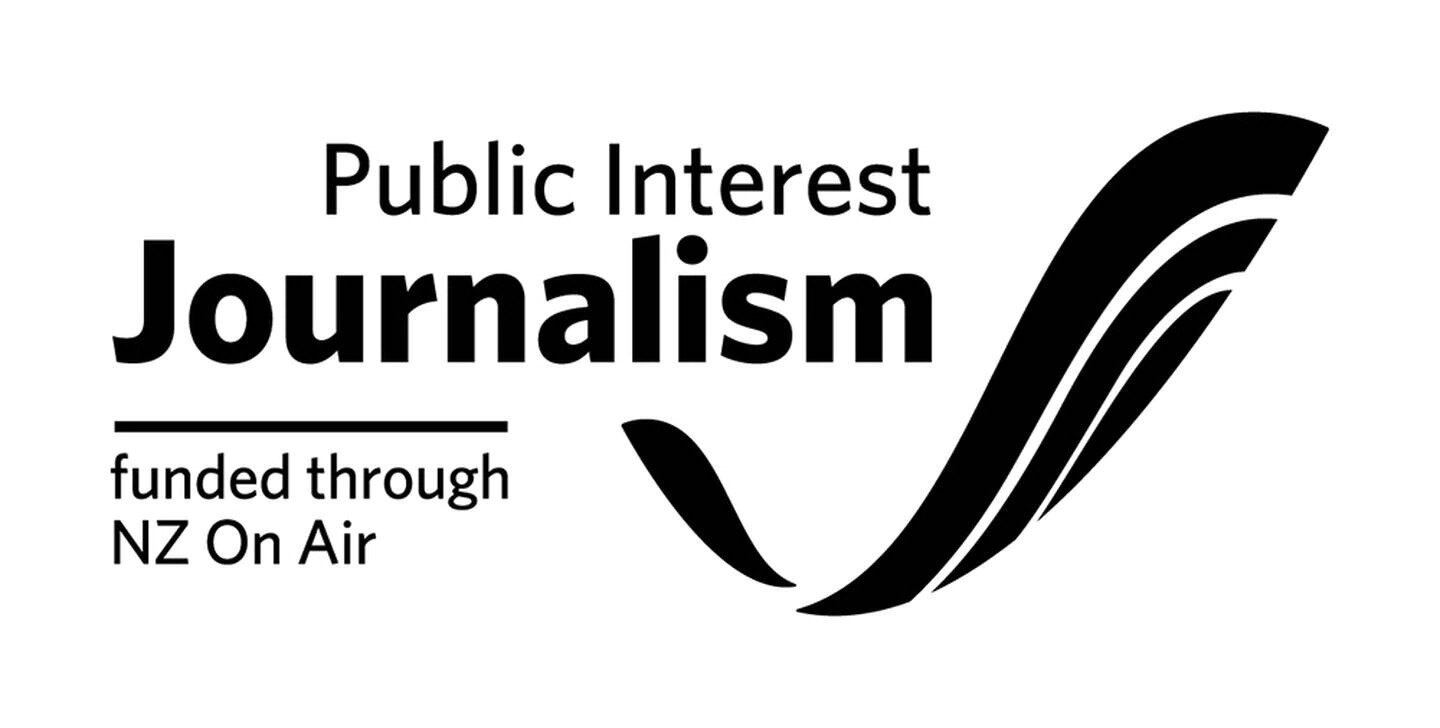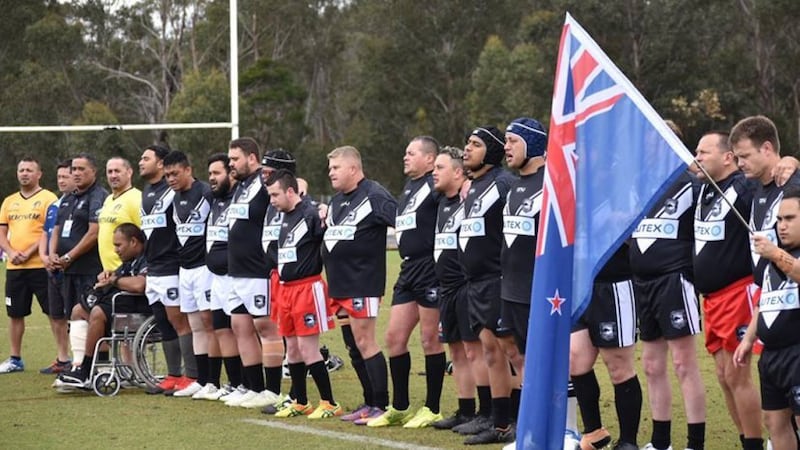Physical Disability Rugby League New Zealand has changed its name to Whutupōro Rīki Whaikaha o Aotearoa as a way to encapsulate what it represents.
The name was revealed to players and their whānau at the weekend, as the side continues its preparation for the PDRL World Cup later this year.
Daley Manu (Ngāti Tamaterā, Ngāti Porou), who started playing for Rīki Whaikaha as a way of showing his son something to be proud of, says the name change is exciting and empowering.
"The new naming was a big surprise, and a surprise that really hit home. It brought a lot of mana and pride to this organisation that we belong to now especially having Māori roots and representing our whānau with haka."
Another player, Harley Roche (Ngāi Tūhoe), says the change in name and the change in description away from the negative connotations of disability instantly changed their own mindset.
"It's taken away the disability side of the name and kind of made it stronger and made us feel like we're normal."
Whutupōro Rīki Whaikaha Aotearoa founder and chairperson Sandra Hickey says the idea to adopt a Māori name wasn't taken lightly, and enlisted the help of Keri Opai and, subsequently, Kahurangi Tibble.
"We've really been focusing within our New Zealand squad camps on many of the concepts such as manaakitanga, whanaungatanga, all of these concepts we've brought in to produce those values in our squad and as an organisation.
"In the English language, and I'm not steeped in this in any way but the words are just black and white. They don't encapsulate a lot, whereas the Māori language and Pasifika languages, those words say a lot and that's really what I was looking for.
"I managed to track Keri online and he was so lovely and so receptive and really understood where we were coming from, that we didn't just want to make something up to tick a box. It really needed to mean a lot, it needed to have some history to it and some really good deep meaning to it."
Head coach Raymond Greaves (Ngāti Kahu, Ngāti Tara) says the name change was kept under wraps until now, with the players only finding out at this weekend's training camp in Auckland, as they build up to the Physical Disability World Cup in the UK later this year.
Positive starting point
"As Sandra alluded to, I've been focusing a lot on whakawhanaungatanga, manaakitanga and kotahitanga. And I feel that the progress that we've made over these last few months, that's really starting to show within the squad. Personally, I feel really proud of what has been achieved. Unveiling this new name that encapsulates that is amazing."
One of the immediate changes they both hope to gather from the change in name from "physical disability" to "whaikaha" is a positive starting point of the new name, not only for the players and their whānau, but the wider community. Hickey, whose daughter has a disability, is well aware of the negative connotations that come with that word.
"Whaikaha comes from such a strength-based perspective. I'm very well entrenched in that negative medical kind of model of disability as we get to experience it. So to be able to give a whole new name and introduce it into people's mindsets is going to be amazing. It's such an empowering word."
Whaikaha means to have strength, ability and to be enabled.
Greaves, who has been involved with PDRL for the past five years says from the moment Opai and Tibble explained the meaning of whaikaha it has felt right.
"It just added so much impetus for Physical Disability Rugby League. To be able to have a new kupu for it just made it so much more worthwhile."
'I don't see a disability'
He says as an able-bodied person he came into the PDRL whānau at a "tumultuous time" in his own life, and is looking forward to giving back to his players as much as he has got from them.
"It's going to be hard to keep my emotions in check. The past four years has been heading in the right direction. I say to our team every week at this stage in the short career of playing physical disability rugby league, 'We're trailblazing, we're setting the tone for the young whaikaha coming through. What we do today is going to establish tomorrow what they experience.'
"It took me maybe two months or so [of coaching] before I actually realised that the one person there who had a disability was me because my mind couldn't work out how to work with this group of people, who had physical disabilities. And at the end of the day I worked it out that they just wanted to be treated like 'normal' people and loved like a 'normal' person. As soon as that clicked in my mind, I realised that I have no right to judge any book by its cover. Who are we to say that you can't do this?
"I don't see a disability. All I see is as a person."
A squad of 23 will head over to England at the end of October to play in the PDRL World Cup with matches against Australia, England and Wales, and more than half of the players will be Māori. Greaves has boldly predicted his team has a 99% chance of becoming the first ever to lift the Physical Disability Rugby League World Cup.


